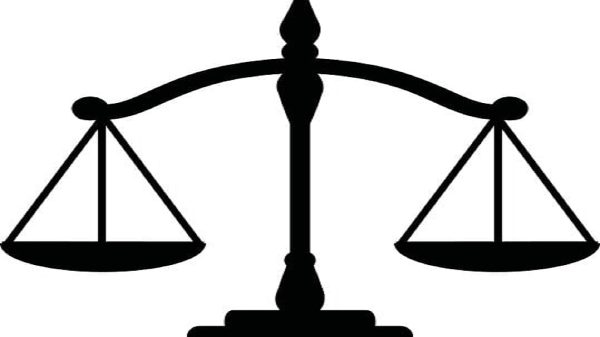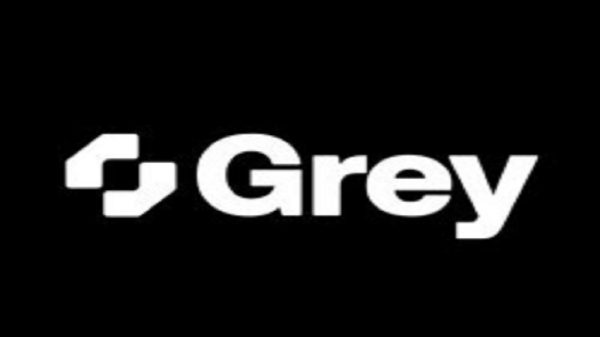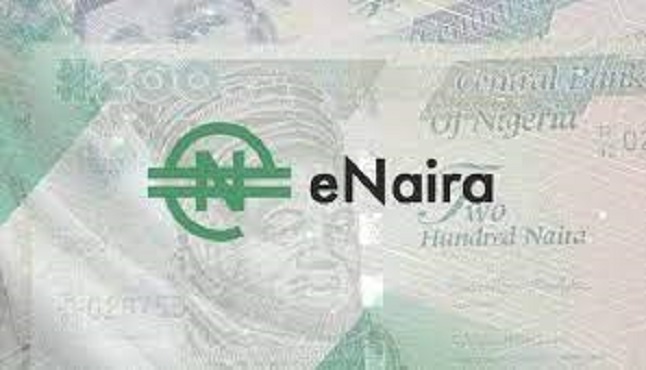Central Bank of Nigeria has signed a Memorandum of Understanding with blockchain firm, Gluwa, to accelerate the adoption of eNaira, Nigeria’s digital currency.
In an announcement made on Thursday, Gluwa disclosed that the partnership aimed at utilising blockchain technology to strengthen the technical capabilities of the eNaira.
The company said it will onboard millions of Nigerians by implementing its credal technology to build credit reputations for eNaira users, offering a valuable new approach to driving the adoption of the eNaira.
“We are thrilled to share monumental news! After years of relentless effort, Gluwa has signed a Memorandum of Understanding with the Central Bank of Nigeria to officially onboard as a partner agent and help drive the increased adoption of Nigeria’s CBDC, also known as eNaira.
“The partnership’s core objective is to harness the power of blockchain technology to enhance financial inclusion, improve eNaira functionality, and foster financial innovation.
“The first step towards deepened collaboration is to integrate Gluwa’s Credal blockchain innovation directly with Nigeria’s CBDC (eNaira).
“Gluwa is aiming to onboard millions of Nigerians and help them build secure, on-chain credit reputations as a valuable new mechanism to drive CBDC adoption.
“In addition, Credal’s integration with eNaira will enable easier loan origination, tracking, settlement, and credit scoring for local fintech lenders,” the blockchain company said in a statement.
Nigeria introduced its digital currency, eNaira, in October 2021 to boost financial inclusion, facilitating cross-border transactions, and enhance diaspora remittances. However, over the past two years since its launch, adoption has been sluggish, facing various challenges.
According to a paper titled “Nigeria’s eNaira, One Year After” by the International Monetary Fund, the adoption of eNaira has been disappointingly low.
The report highlighted that around 98.5 per cent of eNaira wallets downloaded after the digital currency’s launch have been abandoned, with only 1.5 per cent being actively used for transactions.
![]()




























































